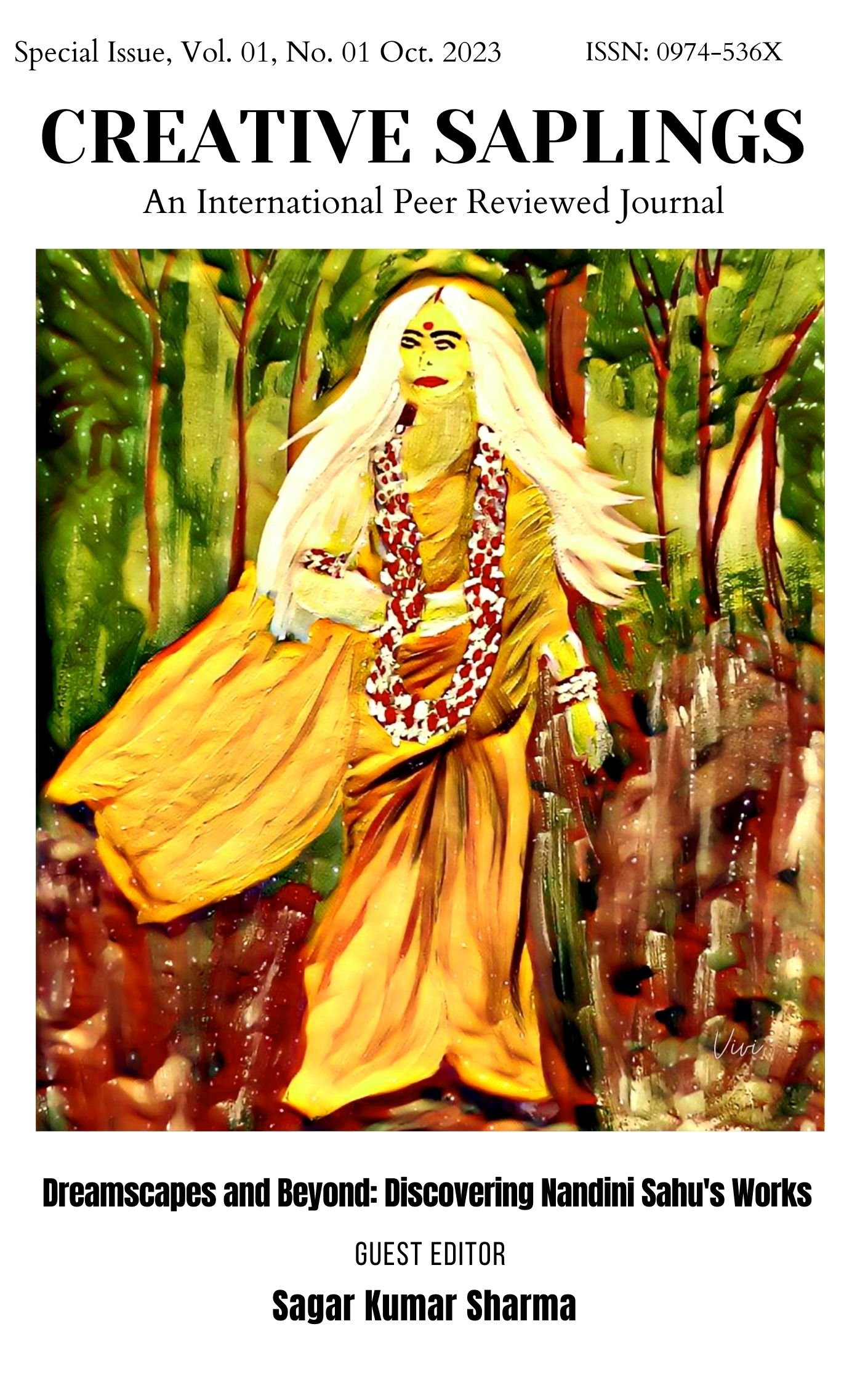The Song of Liberty: Celebrating our Vaginas
DOI:
https://doi.org/10.56062/gtrs.2023.1.01.419Keywords:
Body Politics, Patriarchy, Feminism, Deconstruction, Ècriture fèminine, and Women’s SexualityAbstract
It is well known that the concept of gender is established and enforced through societal expectations where young girls are conditioned from their childhood that men are superior, and it is in their best interest to serve as their vassals. The aim of the paper is to redefine the body from a solely biological shape to a historical creation and instrument of social control that is now at the center of body politics. In the light of the feminist battle, to take control of their sexuality, the body has thus become a political issue and it is richly described in the poem The Song of Liberty that I have analysed employing ècriture feminine framework. Therefore, the paper culminates that the body politics need to be the part of the process of social transformation and not a postscript to it.
Downloads
References
Notes:
De Beauvoir, Simone. The Second Sex. Vintage Classics,1949.
De Beauvoir, Simone. The Second Sex. Vintage Classics,1949.
The analogy between the woman and the doll remains until the adult age; in French, a woman is vulgarly called a doll; in English, a dressed-up woman is said to be “dolled up”
De Beauvoir, Simone. The Second Sex. Vintage Classics,1949.
De Beauvoir, Simone. The Second Sex. Vintage Classics,1949.
The mother satisfying her domineering and sadistic instincts on the child in an attempt to affirm herself as sovereign subject.
De Beauvoir, Simone. The Second Sex. Vintage Classics,1949.
Source: Agenda: Empowering Women for Gender Equity, No. 23, Body Politics (1994), pp. 2-3
The article was Published by: Taylor & Francis, Ltd. on behalf of Agenda Feminist Media in the editorial Body Politics.
T.T. Minh-ha, Woman, Native, Other. Writing Postcoloniality and Feminism,
Bloomington: Indiana University Press, 1989.
Nicole Brossard is known for challenging masculine-oriented language and points of view in French literature.
Cixous, Helene; Cohen, Keith; Cohen, Paula (1976). The Laugh of Medusa (pdf). Signs. The University of Chicago Press.
Cixous, Helene; Cohen, Keith; Cohen, Paula (1976). The Laugh of Medusa (pdf). Signs. The University of Chicago Press.
Sahu,Nandini, ‘Responsible Literature, Witness Literature’, CSR VISION, Vol. 4, Issue 12, April 2016
Prof. Nandini in an interview with Urna Bose for Different Truths. https://www.differenttruths.com/interviews/nandini-sahu-intricately-balances-evocative-poetry-pedagogics/?amp=1
Cixous, Helene; Cohen, Keith; Cohen, Paula (1976). The Laugh of Medusa (pdf). Signs. The University of Chicago Press.
Works Cited:
Primary Source
Sahu, Nandini. Zero Point A Collection of Poems. Authorspress, 1 Jan. 2018.
Cixous, Helene; Cohen, Keith; Cohen, Paula (1976). The Laugh of Medusa (pdf). Signs. The University of Chicago Press.
Secondary Source
Bordo, Susan. “Feminism, Foucault and the Politics of the Body.” Feminist Theory and the Body, by Janet Price and Margrit Shildrick, Edinburgh University Press, 1999, pp. 246–257.
Connell, R W. Masculinities. Cambridge Polity, 1995.
De Beauvoir, Simone. The Second Sex. Vol. 1, Vintage Classics, 1949.
Dworkin, Andrea. Intercourse. New York, Basic Books, 2007.
Foucault, Michael. The History of Sexuality. Vol. 1, Camberwell, Vic., Penguin, 1978.
Greer, Germaine. The Female Eunuch. London, Paladin, 1970.
Hardt, Ulrich H, and Mary Wollstonecraft. A Critical Edition of Mary Wollstonecraft’s a Vindication of the Rights of Woman: With Strictures on Political and Moral Subjects. Troy, N.Y, Whitson, 1982.
Leclerc, Annie. Parole de Femme. Arles, Actes Sud, 2007.
Price, Janet, and Margrit Shildrick. Feminist Theory and the Body. Routledge, 25 Sept. 2017.
Sahu, Nandini. ‘Responsible Literature, Witness Literature’, CSR VISION, Vol. 4, Issue 12, April.

Downloads
Published
Issue
Section
License

This work is licensed under a Creative Commons Attribution-NonCommercial-NoDerivatives 4.0 International License.




